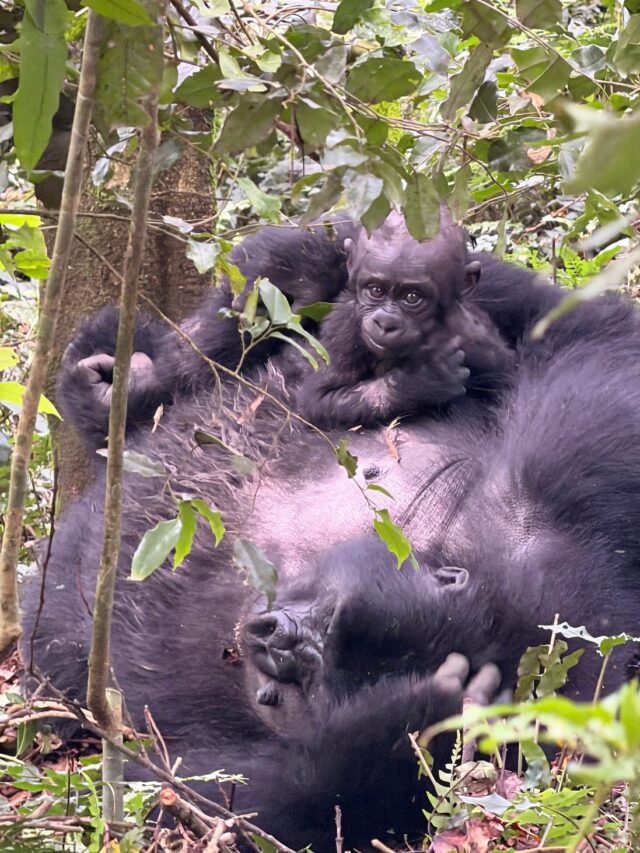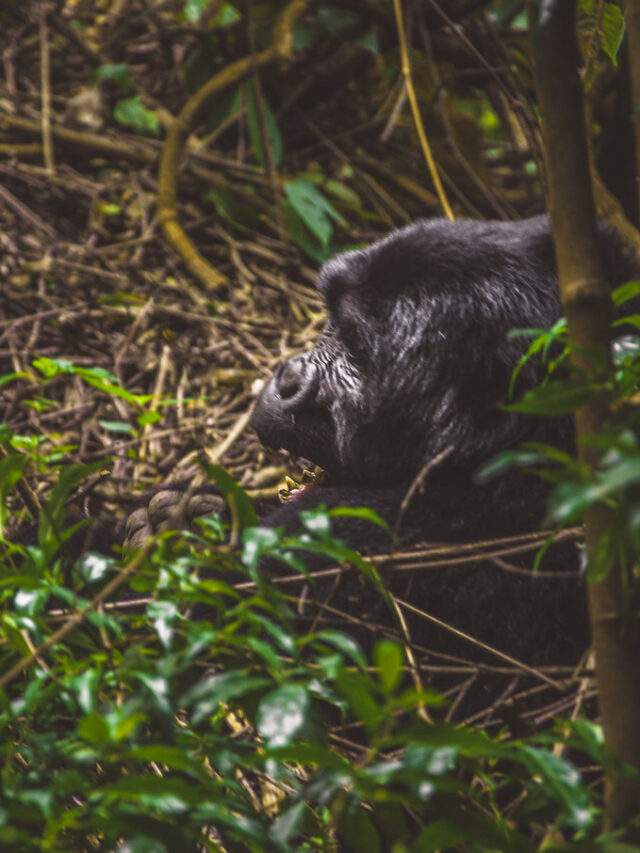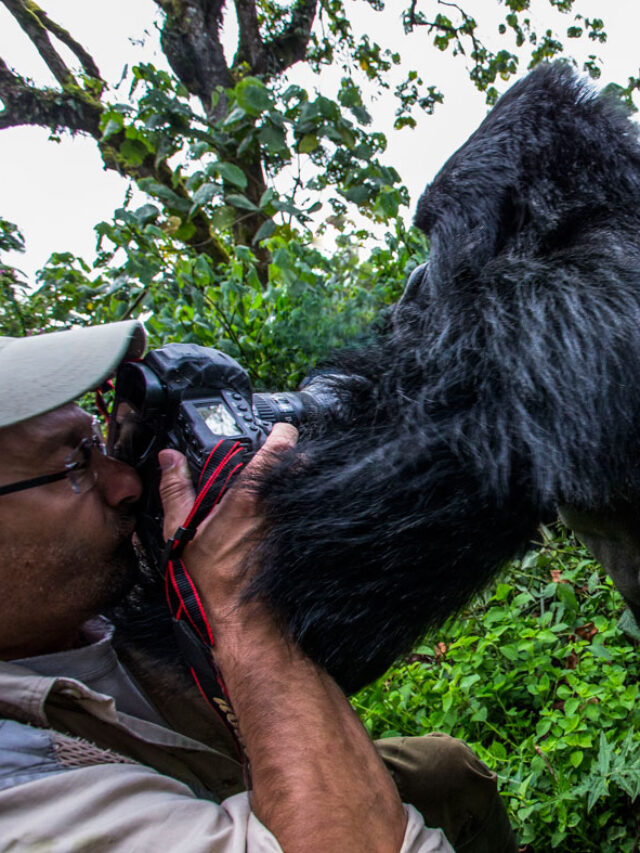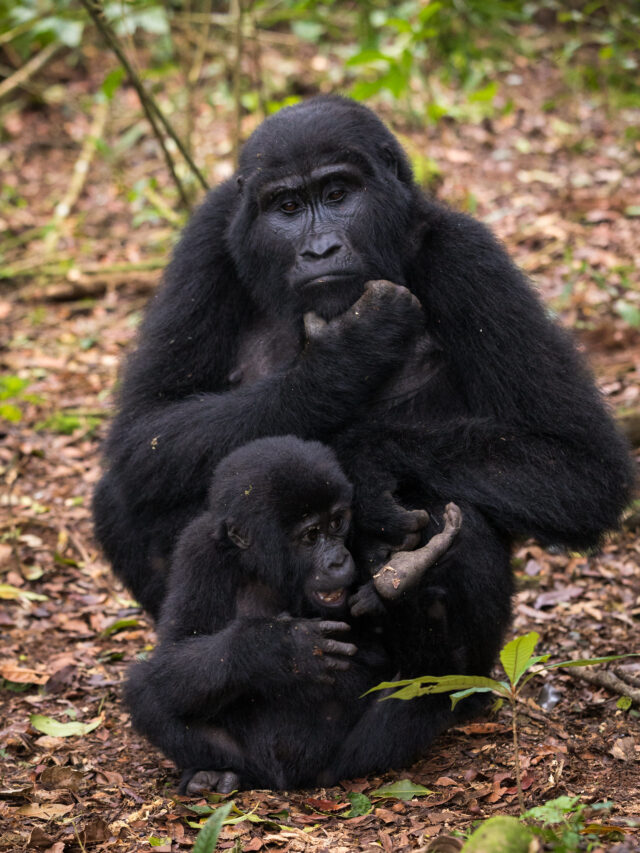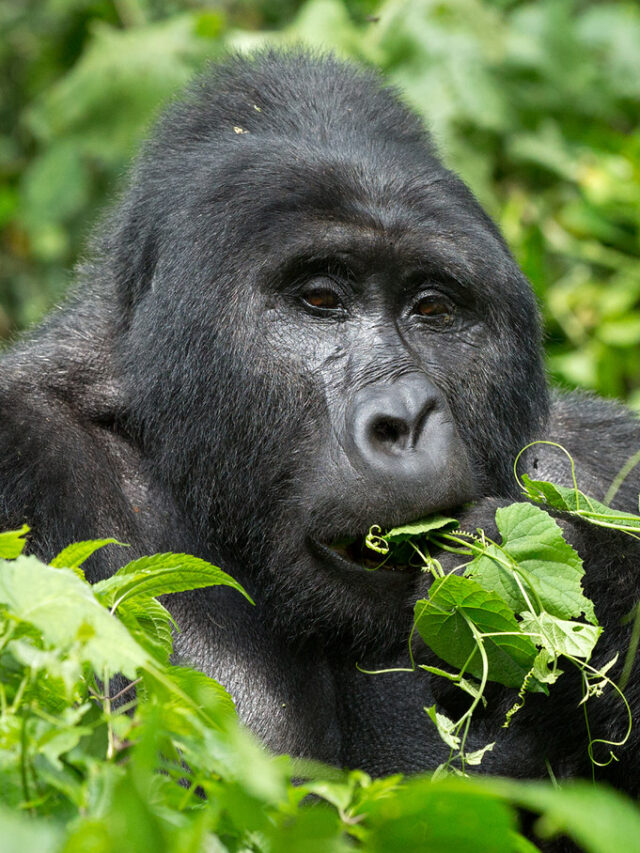Why Uganda Is Called the Pearl of Africa: A Deep Dive into Its Timeless Allure
The Pearl of Africa – Unraveling the Beauty, Mystery, and Meaning Behind Uganda’s Timeless Title
When one hears the phrase “Pearl of Africa,” it evokes an image of something precious, rare, and breathtakingly beautiful. For Uganda, this is not just a poetic compliment—it is a testament to the country’s unmatched natural splendor, biodiversity, climate, and cultural richness. But where did this phrase originate, and why has it remained so deeply connected to Uganda over the decades? The answer lies not only in the words of a famous explorer but in the very fabric of the country’s landscapes, its people, and the experiences that await every traveler who ventures into its heart.
Why Uganda Is Called the Pearl of Africa — The name “Pearl of Africa” was first popularized by Sir Winston Churchill in his 1908 book My African Journey. After traveling through East Africa, Churchill described Uganda as possessing “scenery, climate, and variety unsurpassed by any other country in the world.” To him, Uganda was not just another colonial territory—it was a precious jewel nestled in the heart of the continent. Over a century later, his words still ring true, perhaps more than ever. Yet today, this nickname represents more than just visual grandeur—it encompasses the soul, story, and survival of a nation that continues to dazzle the world.
A Land of Diverse Landscapes That Blend into One Harmonious Whole
Uganda’s natural variety is one of its most defining qualities. In just one country, visitors can journey from snow-capped mountains to savannah plains, from tropical forests to vast lakes and mighty rivers. The towering Rwenzori Mountains—Africa’s third-highest range—glimmer with glaciers and alpine vegetation, while the dense, mist-covered forests of Bwindi hide endangered mountain gorillas in their depths.
To the east lies Mount Elgon with its colossal caldera and fertile slopes, while in the west, Queen Elizabeth National Park offers shimmering crater lakes, tree-climbing lions, and vast wetlands teeming with life. Uganda’s position along the equator gifts it with a mild and consistent climate that supports these varied ecosystems. It’s a country where one can witness the sunrise over Lake Victoria and the sunset over the Nile—Africa’s longest river which begins its journey right here in Jinja.
A Biodiversity Haven Unlike Any Other in Africa
Uganda is home to more than half of the world’s remaining mountain gorillas, making it a global epicenter for primate conservation. But beyond the gorillas, it boasts over 1,000 bird species—making it a birder’s paradise—along with elephants, leopards, chimpanzees, rhinos, lions, and countless other creatures.
Its diversity in flora and fauna is unparalleled for a country of its size. Uganda’s ten national parks and numerous wildlife reserves are not just tourist attractions—they are sanctuaries where nature still thrives in a way that feels ancient and untamed. This astonishing biodiversity is what makes Uganda not just beautiful, but ecologically priceless. It is a living Eden that has managed to resist the full force of urbanization and destruction that has plagued many other regions.
The Warmth and Cultural Wealth of Its People
Beyond its natural treasures, Uganda’s people are one of its most powerful assets. The country is home to over 50 ethnic groups, each with its own language, traditions, music, and worldview. From the dance rituals of the Bagisu to the storytelling heritage of the Banyoro, Uganda’s cultural mosaic is rich, resilient, and deeply rooted.
Despite a past marked by political turmoil, Ugandans today are celebrated for their warmth, generosity, and hospitality. A visitor to any village or roadside town will likely be met with smiles, greetings, and offers of food or tea. This spirit of community, paired with a deep respect for tradition and nature, adds a human depth to Uganda’s natural wonders, making every visit feel personal and meaningful.
A Climate and Geography That Supports Abundant Life
Uganda’s fertile soil and favorable climate make it one of the most agriculturally productive countries in Africa. The land produces coffee, bananas, tea, cocoa, and countless fruits with a richness of flavor that has earned Uganda international recognition. Rainfall is ample but well-distributed throughout the year, and the equatorial sun provides the warmth needed for crops to thrive.
This abundant life—both wild and cultivated—reflects the country’s pearl-like quality. Just as a pearl forms over time through layers of protection, Uganda’s landscapes have been shaped by millennia of natural evolution, tectonic activity, and ecological adaptation. The result is a place where life flourishes in every form, from the smallest insect to the tallest tree.
The Nile’s Gift and the Lakes That Mirror the Sky
Uganda is also deeply intertwined with water. Lake Victoria, the largest lake in Africa, is not only the source of the Nile but a vast ecosystem in itself, dotted with islands, beaches, and fishing communities. The River Nile begins its long journey to the Mediterranean from Uganda, rushing northward with power and grace.
Other lakes like Albert, Kyoga, George, and Edward contribute to the country’s freshwater wealth. These bodies of water are not just scenic—they are lifelines for humans and animals alike. They nourish crops, provide fish, and host aquatic species found nowhere else. The rhythm of Uganda’s waterways flows through the lives of its people, just as it flows through its ecosystems.
A Legacy of Resilience and Rebirth
Part of what makes Uganda a pearl is not only its beauty but its resilience. The country has faced hardship—colonial exploitation, post-independence upheaval, and the scars of dictatorship—but it has never stopped moving forward. Each generation brings a renewed sense of pride and progress. Today, Uganda is one of the most visited countries in East Africa for eco-tourism, and its conservation efforts are increasingly being recognized on the world stage.
Uganda’s modern-day challenges—poverty, climate threats, and political complexities—do not erase its splendor. Instead, they highlight the importance of preserving what is rare and irreplaceable. Like a pearl formed under pressure, Uganda has endured much and emerged with a shine that the world cannot ignore.



